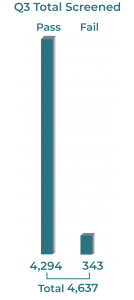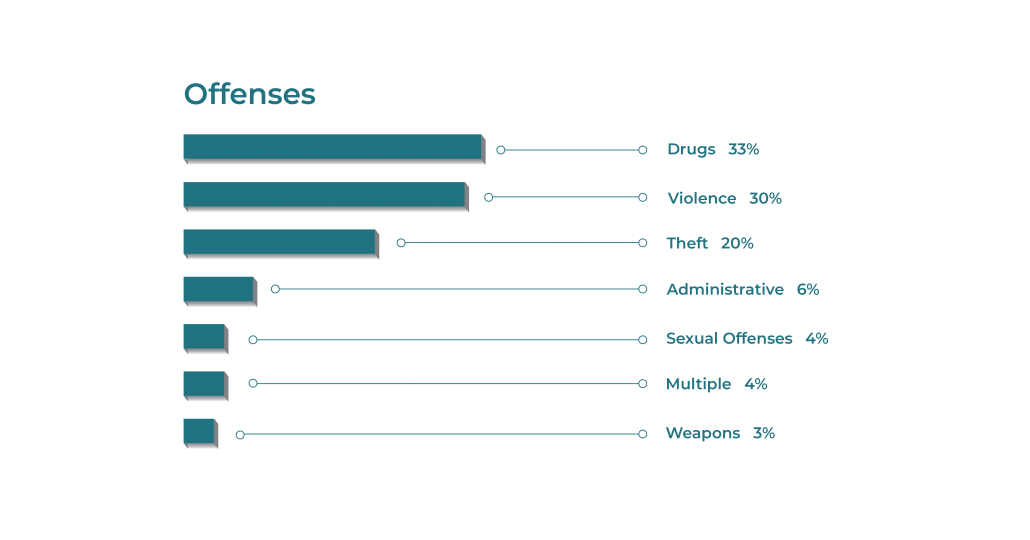Should Social Media Checks Be Included in Screenings?
Social media offers an accessible, easy-to-navigate database to see someone’s interests, education, employment and personality. These days, it feels almost natural to peruse someone’s social media for an update on their life if you haven’t heard from them in a while. While social media is useful for connecting with those we know personally, the ethics of using it to evaluate potential employees can be murky.
A job candidate’s social media accounts can provide the clearest picture of their true behaviors and personality—and social media screenings can absolutely have a place in the hiring process. However, that screening should not be as simple as letting your hiring manager quickly scroll through a candidate’s profile(s). Social media screenings must be integrated into your hiring process carefully, and we’re here to answer any questions and help you formulate the right policy for your company.
In what situations does social media screening make sense?
Not every job description would necessitate a social media search—for the majority of jobs a pre-employment background check will be sufficient. However, if you’re looking to hire a public relations manager, social media strategist or any other consumer-facing position, taking a peek at their profile(s) would make sense.
Essentially, you don’t need to look into a candidate’s social media if it is not related to the job they applied for. While social media allows for a candid look into the lives of others, it is not always an accurate depiction of their true self. Screen social media profiles only if your team deems it ethical for the vacant position.
Who should conduct my social media screenings?
You hire background check agencies because they can access records that would be difficult for you to find. But with social media, the internet is right in front of you and it isn’t hard to find your candidate’s profiles. However, just because it’s easy for your hiring team to access social media doesn’t mean they should be the ones conducting the screenings.
For compliance reasons, it would be a good idea to outsource your social media screening. Another agency can provide you with an overview of a candidate’s social media that only contains information you can legally consider in your employment decision. If your team comes across personal information like religious beliefs or sexual orientation on a candidate’s profiles, you can claim that information didn’t play into your decisions but you can’t prove it. To avoid any potential discrimination accusations, it might be best to have your background check agency look at social media.
Can I take adverse action based on a candidate’s social media posts?
The short answer is yes. But as with everything about social media, it’s more complex than that. Your organization should already have set guidelines about what would move you to reject an applicant. If a candidate posted something that falls within those guidelines, you may then remove them from consideration and explain why you made that choice.
You can’t take adverse action just because you disagree with something an applicant said online. That could get you into a world of compliance troubles. Treat a social media screening like any other screening and you’ll be able to make compliant decisions.
To learn more about how One Source can help you find the best background check solutions for your organization, contact our Client Relations Team.

 The Quarter 3 Report shows the OSCC program has continued to increase safety for many organizations. In Quarter 3, the total number of applicants screened reached well over 4,500 applicants. From this total, 343 applicants did
The Quarter 3 Report shows the OSCC program has continued to increase safety for many organizations. In Quarter 3, the total number of applicants screened reached well over 4,500 applicants. From this total, 343 applicants did 